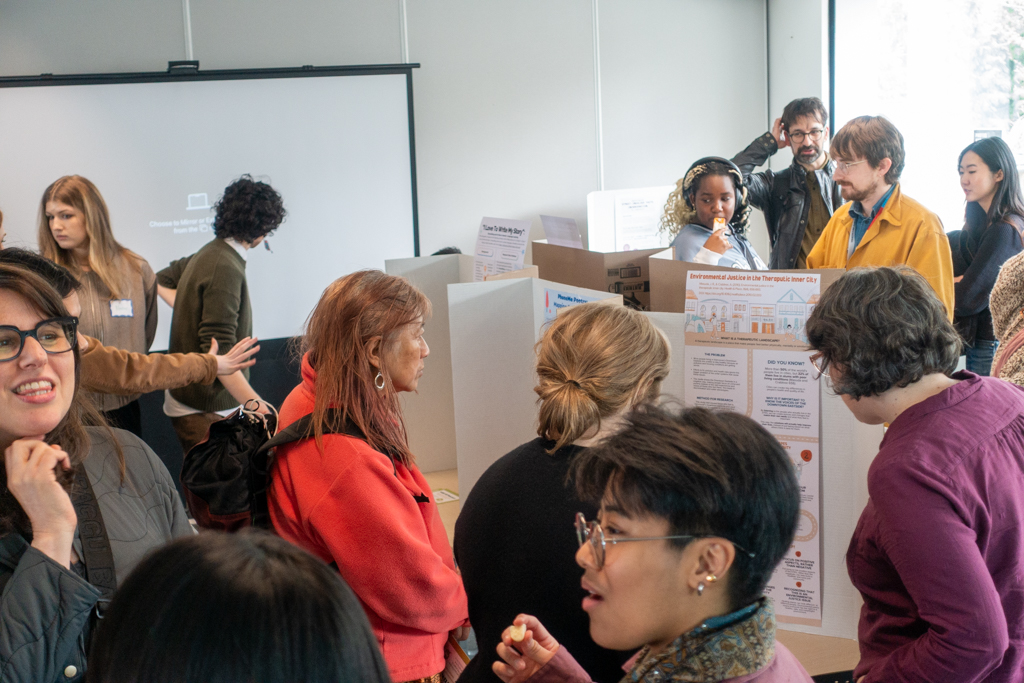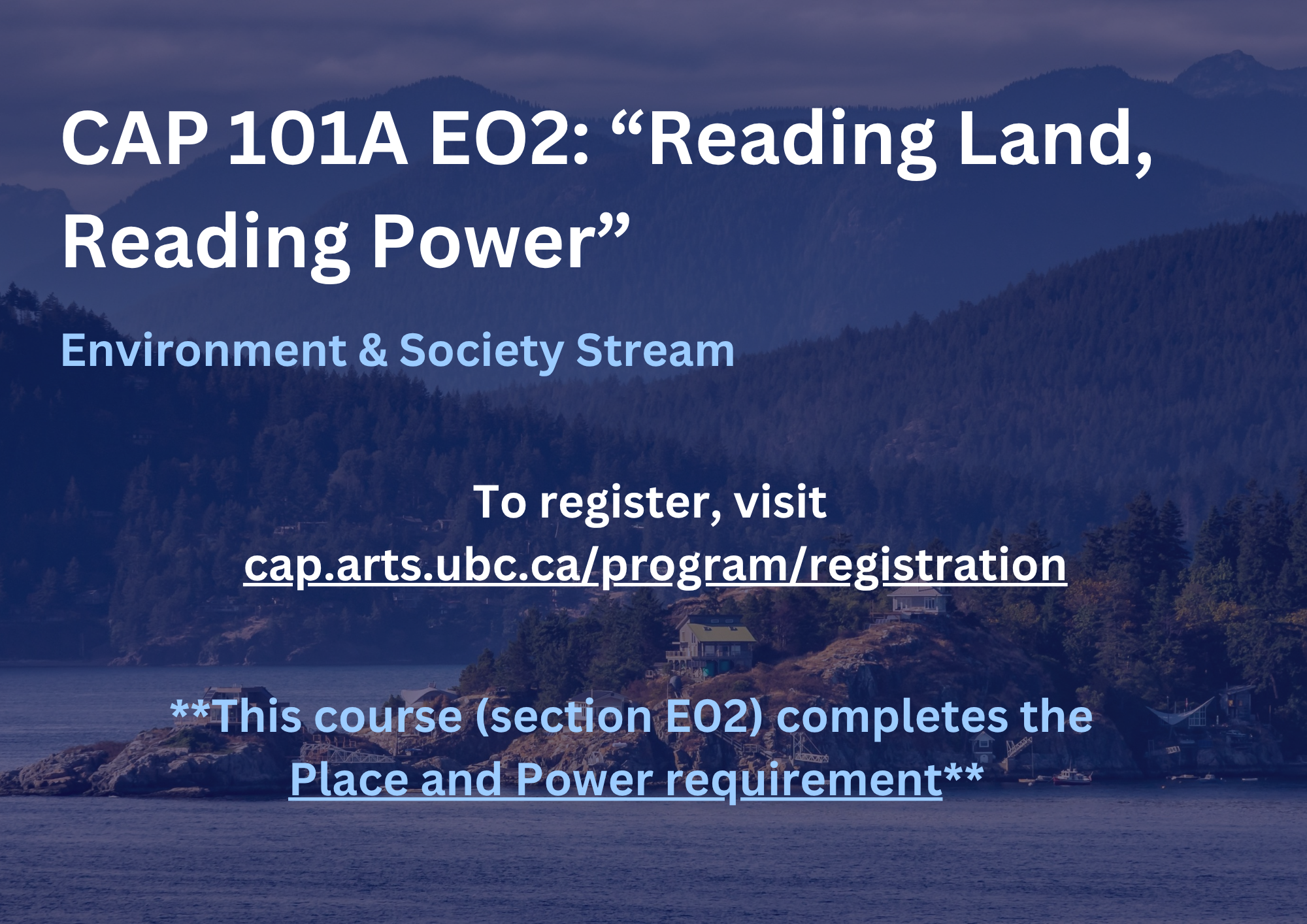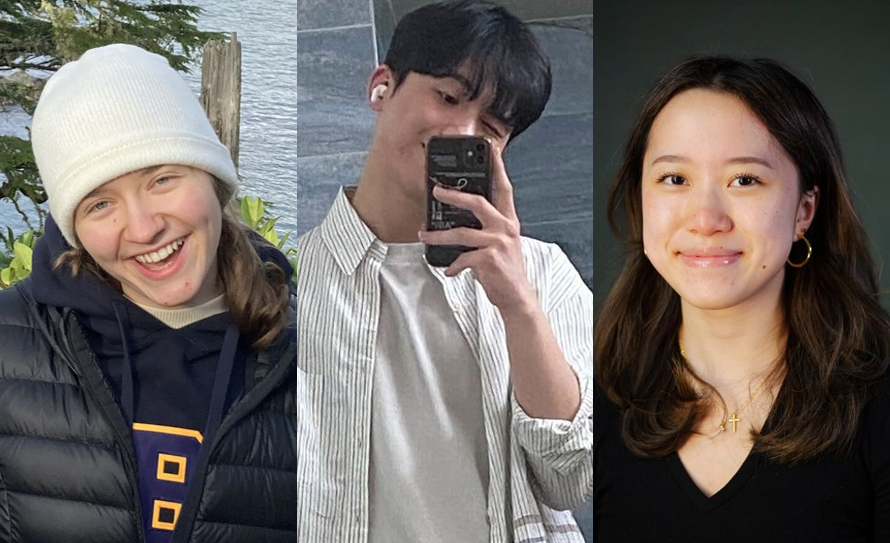

Since 2021, the Coordinated Arts Program’s student-run journal The Capsule has provided CAP students with the opportunity to submit their work for publication, bringing together the program’s five streams, and celebrating scholarship by the CAP community. The publication of the journal’s annual issues would not be possible without the editorial board, which consists of current CAP students, and CAP alumni. In this “Inside the Capsule” series, we interview various members of the editorial board for more insight on The Capsule as a journal, and the members’ specific roles in the editorial process.
To start our series, we spoke to several of the senior editors who were on the board last year: Sofia Wind, Quang Mai and Bernice Wong. They shed some light on the editorial process, provide advice to students interested in submitting work to The Capsule, and reflect on their positions as senior editors on the board.
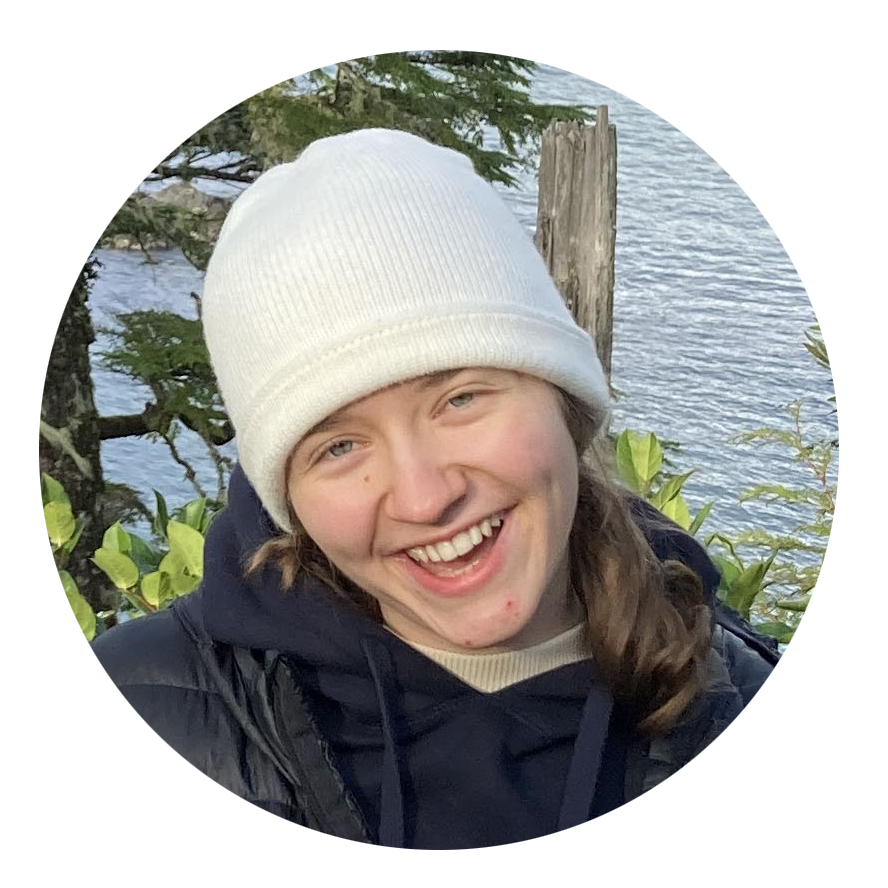

Sofia Wind
What does The Capsule look for in a good paper?
When making decisions, the main aspects we consider are the topic and the student’s approach to it. However, we do have to account for our time and resource constraints, as it is a fast process, compared to other journals, and uses the volunteered time of students and faculty. Thus, when reading through the submissions, I am considering what I enjoy or find interesting as a reader, what best showcases the themes of the specific CAP stream, and the quality of the writing.
What advice do you have for CAP students interested in having their work published in the journal? Are there any resources you would recommend for them?
My advice would be to write about a topic that really interests you and that you can bring a unique approach to. The best resources are the professors who teach in CAP. They have such a range of knowledge and experience, and generally are happy to provide feedback on your work.
What do you enjoy most about your role on the editorial board?
I love the beginning and ending of the process, that first step of reading all the submissions and seeing all the amazing work is such an enthralling part. It is what makes the experience of seeing the end product of the journal, and how everything came together that much more gratifying.
In your opinion, what are some of the most challenging aspects of your position as a senior editor?
The most challenging aspect is coordinating all the different features and editorial needs, specifically making sure everything is cohesive, and that the style and editing guidelines are being followed.
Do you have any tips or messages for those who would like to sign up for the Capsule editorial board this year?
The main tip I have is just to show up! Make the effort to go to the meetings and chat with the faculty mentor, Kasim Husain, about your interest.
“I know it can seem intimidating to get involved, especially if you have no experience with publications previously, but this is a student paper, and we want you to be a part of it.”
As long as you are willing to put in the time and effort, and learn from others, you will do great!
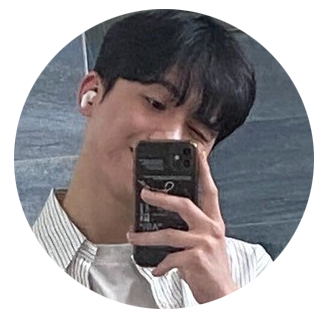
Quang Mai
When did you start becoming involved with The Capsule?
I was involved with The Capsule in the second semester of my first year, so in 2022?
What motivated you to join The Capsule editorial board?
I’ve always loved writing, especially research writing. Thus, to be able to join the journal’s board has been a great dream of mine!
What do you enjoy most about your role on the editorial board?
My biggest thrill as a board member was to read the submitted entries and see the multivariable perspectives which first-year CAP students have! I remembered reading one entry that textually analyzed a game in combination with authorship theories, and it was exhilarating!
In your opinion, what are some of the most challenging aspects of your position as a senior editor?
I think it’s definitely the coordination of different teams and the finalization of all entries. There were always a lot of great pieces that we sadly had to let go due to the journal’s limited spots… They were as great as any other pieces, but due to a certain year’s logistical or conceptual constraints, they couldn’t make the cut.
“ Though, we do encourage everyone to try again the next year, or sign up as a board member to familiarize themselves with the journal!”
Do you have any tips or messages for those who would like to sign up for the Capsule editorial board this year?
Always be inquisitive, hungry to learn new things, and not afraid to make changes!
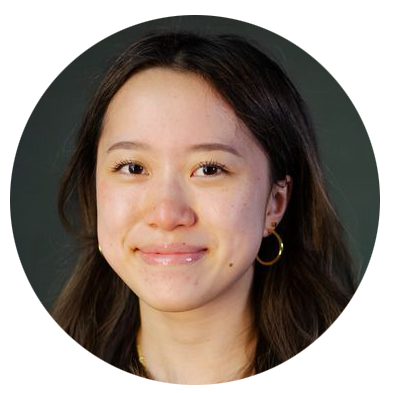

Bernice Wong
Describe The Capsule in one word, then explain why you chose that word.
Dynamic. At its core, The Capsule is student-led. Therefore, it is highly dependent upon the continued commitment that authors and editors put towards creating a final product throughout the summer season. The published pieces are a result of faculty, student, and author collaborations that are only made possible through the unique perspectives that each member brings toward the board each year. The journal illustrates the changing themes and focuses of CAP studies year by year, an ever-changing product of student scholarship.
What do you enjoy most about your role on the editorial board?
I enjoyed debating and discussing submissions the most. With an editorial board comprised primarily of first and second year students from varying academic backgrounds, there is inherent disagreement over which papers should stay or go.
“This discourse provided a rewarding experience to engage in lengthy discussion about undergraduate scholarship that is not often possible in large-sized university courses.”
In your opinion, what are some of the most challenging aspects of your position as a senior editor?
The most challenging part of being a senior editor is performing the execution of democratically-decided outcomes that you might not necessarily agree with. The Capsule being student-led means that accepted or rejected papers is a democratic process, where all members of the editorial board have an equal say in deciding. Regardless of position, it’s a challenge for all editors to discuss which papers should be published and which one’s shouldn’t, especially in the final stages where narrowing down papers becomes increasingly detailed. However, as a senior editor, it’s an added difficulty when you are responsible for sending out decision emails to student authors, especially authors who you wanted to see published in the final issue.
What valuable things have you learned from your time as a CAP student that continues to be applicable to your work with The Capsule?
In my first year ASTU class, I learned the foundations of critically approaching academic texts from areas outside my specific discipline. This allowed me to appreciate and engage with submissions that may speak to topics that I had never heard about. As a senior editor, you are responsible for reading submissions ranging from media studies and literature to sociology and political science. Being able to meaningfully engage with texts from a wide range of disciplines is critical to the role.
How did your time with The Capsule help you grow — academically and/or personally? What specific skills did you pick up during your time on the editorial board?
Academically, The Capsule helped me become more confident in analyzing quality of research, identifying logical flaws, and evaluating coherent arguments. Reading and hearing feedback about the papers from Dr. Husain, Dr. Stewart, and various faculty reviewers provided a meaningful opportunity to see how papers are perceived from the standpoint of professors. Personally, the journal helped me become more confident in making decisions and voicing my input especially in scenarios where I might not have a lot of prior experience.
For more information on The Capsule, please visit the journal website.
